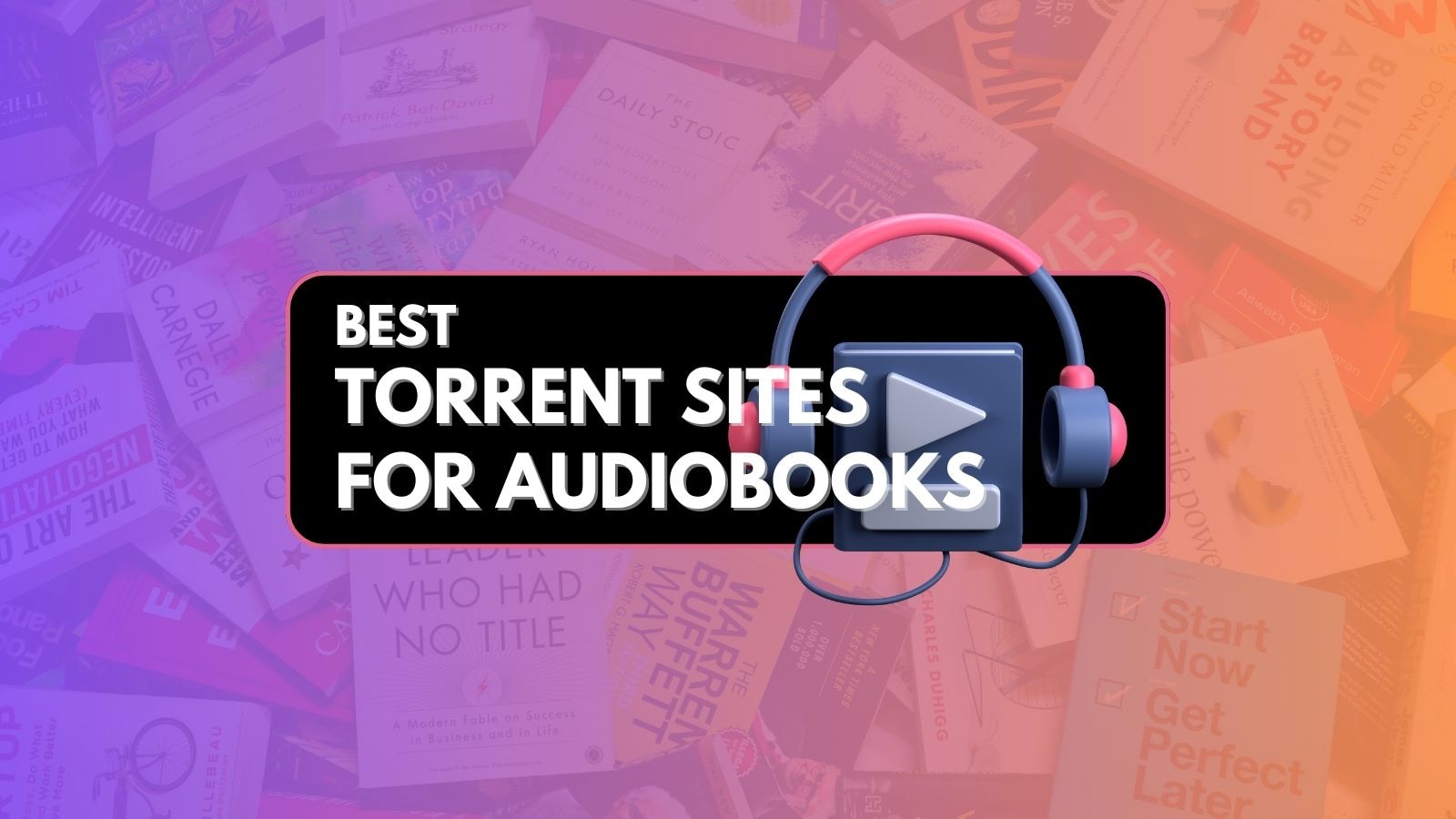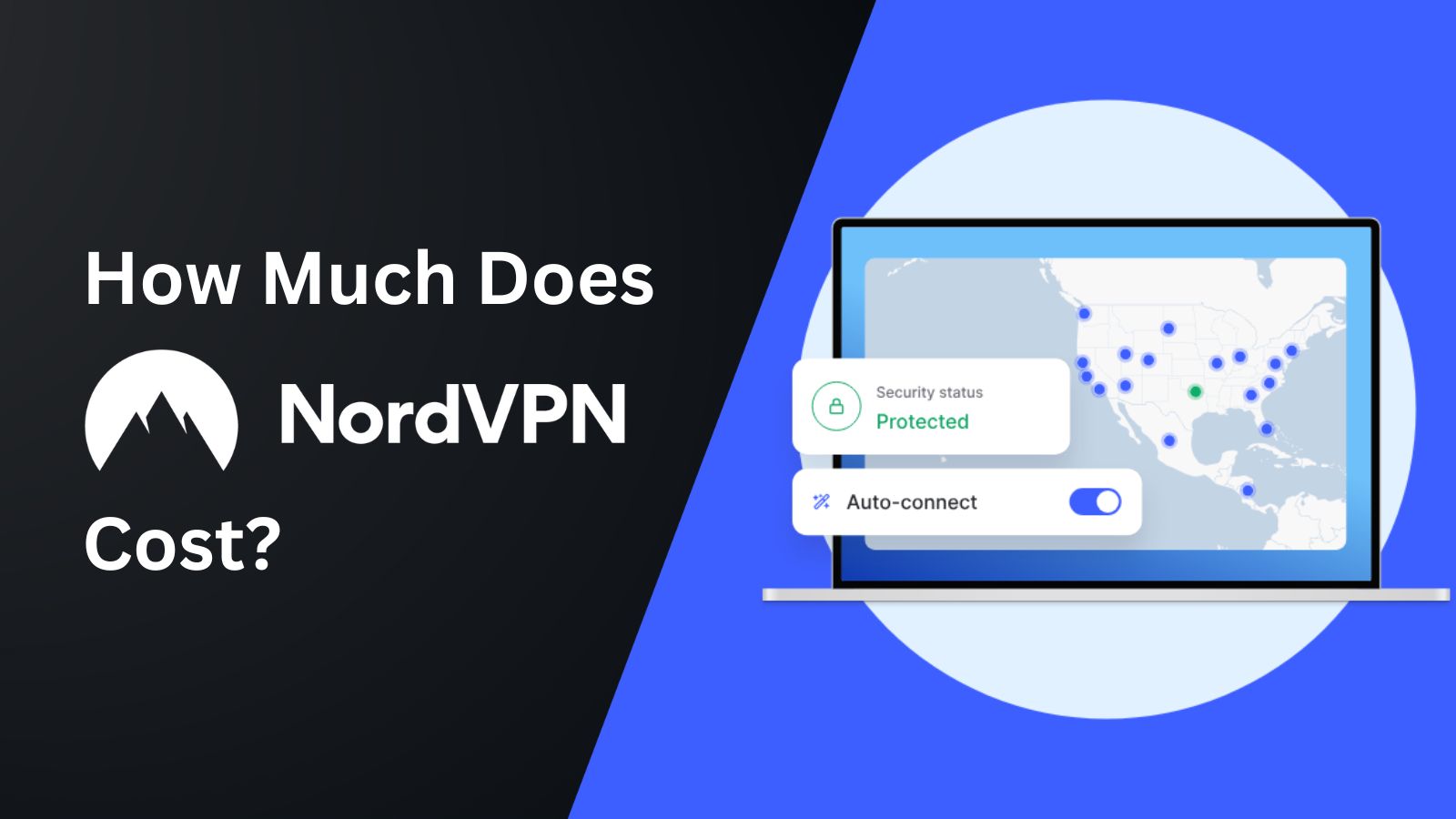
Anna Maj, PwC: The Future Will Be With Conversational Banking
Nowadays, the FinTech field is growing day by day, with more solutions launching on the market, while traditional players are trying to keep up by expanding their mobile banking platforms and trying to implement newer technologies. One person who has seen it all evolve is Anna Maj, FinTech Leader at PwC.
During the Bucharest Tech Week, where Anna held a very interesting presentation on Open Banking, we had a chance to have a sit-down and discuss more about today's ever-changing banking environment, the future of FinTech and of traditional banking players, and more. Go ahead and read our interview with Anna Maj to discover what she had to say.
TechNadu: Let's start with you telling us a bit about yourself and about your job and how you became one of the leading women in fintech.
Anna Maj: I've been in payments, financial services for almost 20 years, and I have always been dealing with innovation. This is how it started at Citigroup. Now I'm a FinTech Leader at PwC, responsible for designing the FinTechntech strategy within Financial Services Advisory covering CEE. I'm looking for innovative payment and financial solutions internationally to integrate them into our advisory strategy.
At PwC, we have our own accelerator called PwC Scaleup Hub and every year, we scout new companies that we integrate into our proposition, accelerate as well as bring to the next level. They come from different sectors, not only from the FinTech world that I am focused on. I'm working closely with innovative companies, including fintechs, not limited to early-stage startups but also with more mature and advanced solutions.
I'm also part of the "SME instrument," a European Union program financing innovative companies and solutions across Europe.
TechNadu: So let's dive a bit into the banking area. We are using more and more often the Internet to do our daily banking operations. What do you think are some important features that these systems should have to attract more customers?
Anna Maj: It is going beyond the Internet since online banking has been around for more than 20 years. I was one of the people standing behind the introduction of the first online payment gateway and internet banking for consumers in Central Europe. So we should talk about mobile now, that has been growing in popularity. We can use mobile devices, not only smartphones, but there's even more than that. If we talk about an interface that can be used for banking services, it is not only about applications and in-app services.
There are more natural, and therefore, many prospective ways of communicating and dealing with banks such as voice and conversational AI. So it is the use of voice bot technologies and virtual assistants that can be integrated into our daily lives. I think this is exactly the direction we should look at - the shift from mobile to voice. The future will be digital anyway.
TechNadu: In your experience, do you think traditional banks that have a physical location will ever be completely replaced by online banking and open banking?
Anna Maj: Even a few years ago we were still talking about fintechs as a potential enemy. A lot of conversations and presentations were around the topic of FinTech new players - are they enemies or friends and who will win the game? Who will benefit from the market changes such as e.g., opening up banking services to TPPs – Third Party Providers? It's more about a "win-win" scenario now. That's why we are talking about collaboration- models between banks and fintechs. So we can rephrase the question "who will win?", into "how the winning strategy will be executed," and how incumbents, traditional banking players will cooperate and partner with FinTech new entrants.
Revolut, for example, partnered with MasterCard, so fintechs want and have relationships with established players, such as payment schemes and banks. Very few fintechs nowadays define themselves in terms of competition to the traditional banks, or an alternative to them. Because it is mostly a complementary system. Banks have a solid customer base, and their customers are still loyal to them. They have trust and security, and they also operate within the regulatory framework. And fintechs come up with new innovative solutions. So, they can build a great foundation for a happy ecosystem where everybody partners for mutual benefits. Open Banking is just a powerful example of that.
Banks can use this proposition opening up their APIs and then fintechs can provide new services to the customers of the banks. So it's rather a "win-win" strategy and more about building cooperation than competition.
On the other hand, there is, however, some threat, but mostly coming from tech and particularly big tech companies, not fintechs. Personally, I don't believe that incumbents will be like dinosaurs that disappeared. Of course not. Banks will redefine their strategies, re-engineer the entire customer proposition and provide new ways of servicing clients.
TechNadu: You mentioned in your presentation today about Amazon expanding into this type of business. I think banking is a lot about trust. So we have the confidence in traditional banks on one side, but we also have the trust in big names like Google, Amazon, and Apple. How will their transition into the fintech field go in the next few years because they do come with their own brand recognition and trust, but they are also new players in the banking market?
Anna Maj: They have massive brand awareness and recognition, although they don't have as much trust as banking players. And they have an incredible user base.
Some of their customers are doing daily shopping via tech platforms. For Facebook and Google, it's not a daily relationship, it's like an every minute relationship. Banks want to address similar customers' needs in the frame of the daily banking proposition. But, even if stimulated, how many times can you check your account balance? Not every minute. This is what and how you do with Google when you search the Internet. However, you can transact and pay many times a day.
I believe the payment experience can be really a secret sauce standing behind the shopping experience. If you shop on Amazon or at the Amazon store (Amazon Go),. You enter their financial services world and payments are very much part of it. So what they have is a fantastic shopping experience, and they integrate financial services into it, thus they get it right. Of course, it requires a lot of trusts. But this is what they are doing. They already have banking and payment licenses. Apple has recently launched a new kind of credit card. "Created by Apple, not a bank," however, issued in the partnership with Goldman Sachs
TechNadu: We have traditional banking, and now we have fintech, and you mentioned in the session X Banking. What exactly do you think that is and where exactly are we heading in this particular industry sector?
Anna Maj: There is obviously a next step, or the next big thing, after or beyond Open Banking. Banking will be integrated into our daily lives so at the end of the day it will be more focused on the user experience... I strongly believe it will be built on the conversational AI, the voice interface and that's why we call it "Conversational Banking."
So, what do you think about what Anna Maj said? Drop us a note in the comments section below the article and please share it all online. Follow TechNadu on Facebook and Twitter for more tech news, interviews, guides, and reviews.





